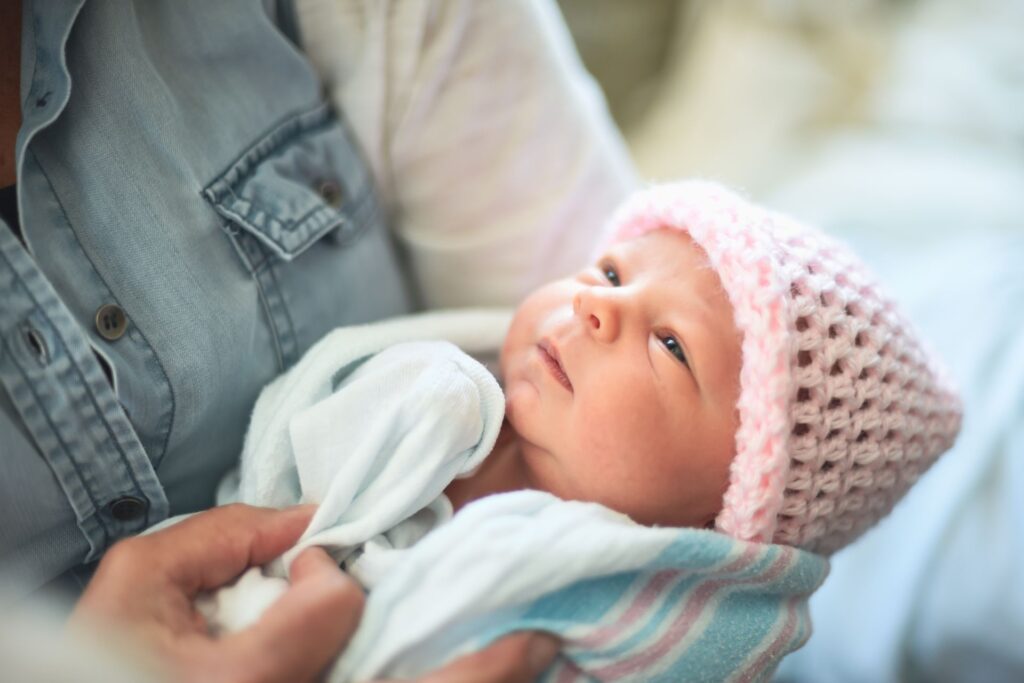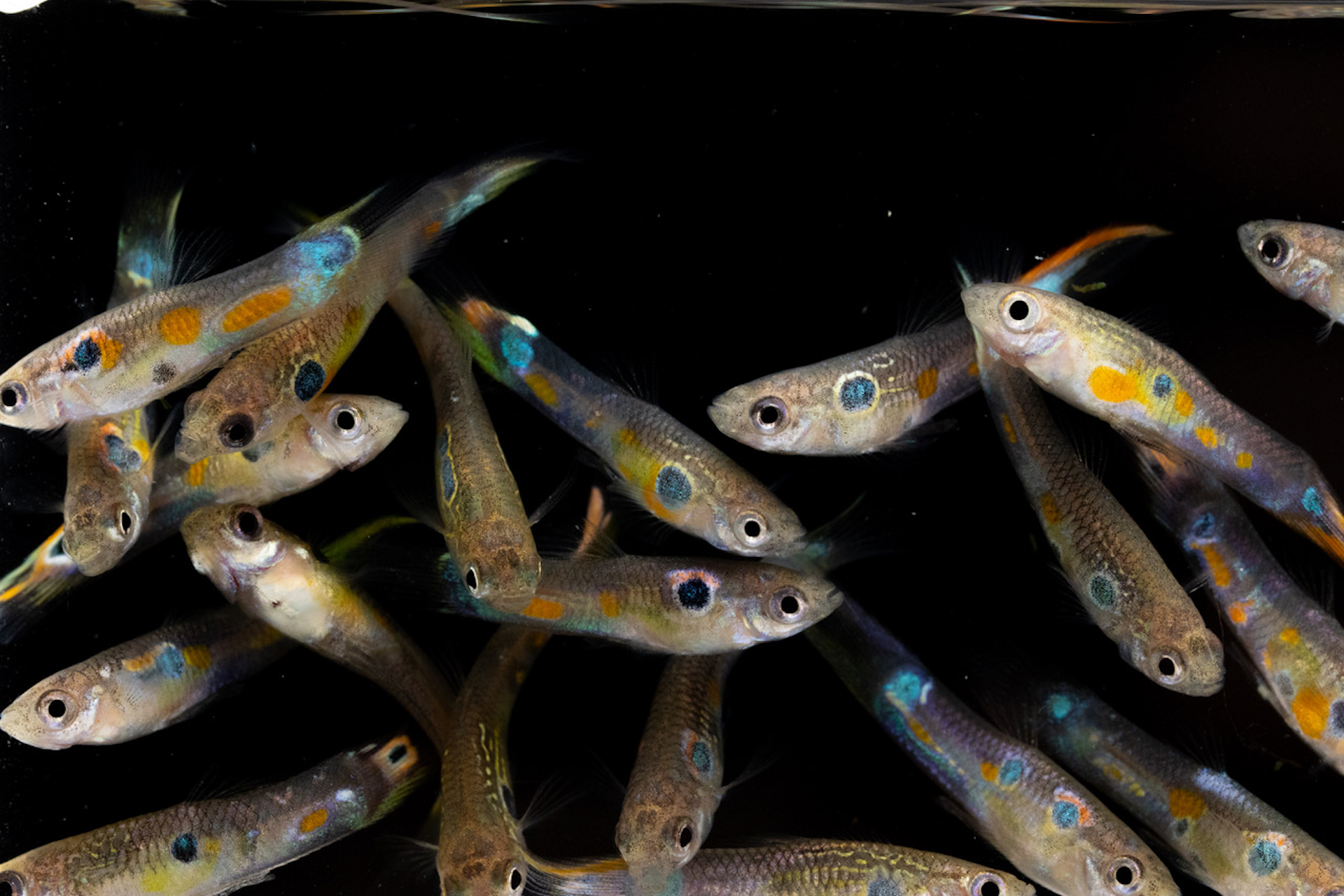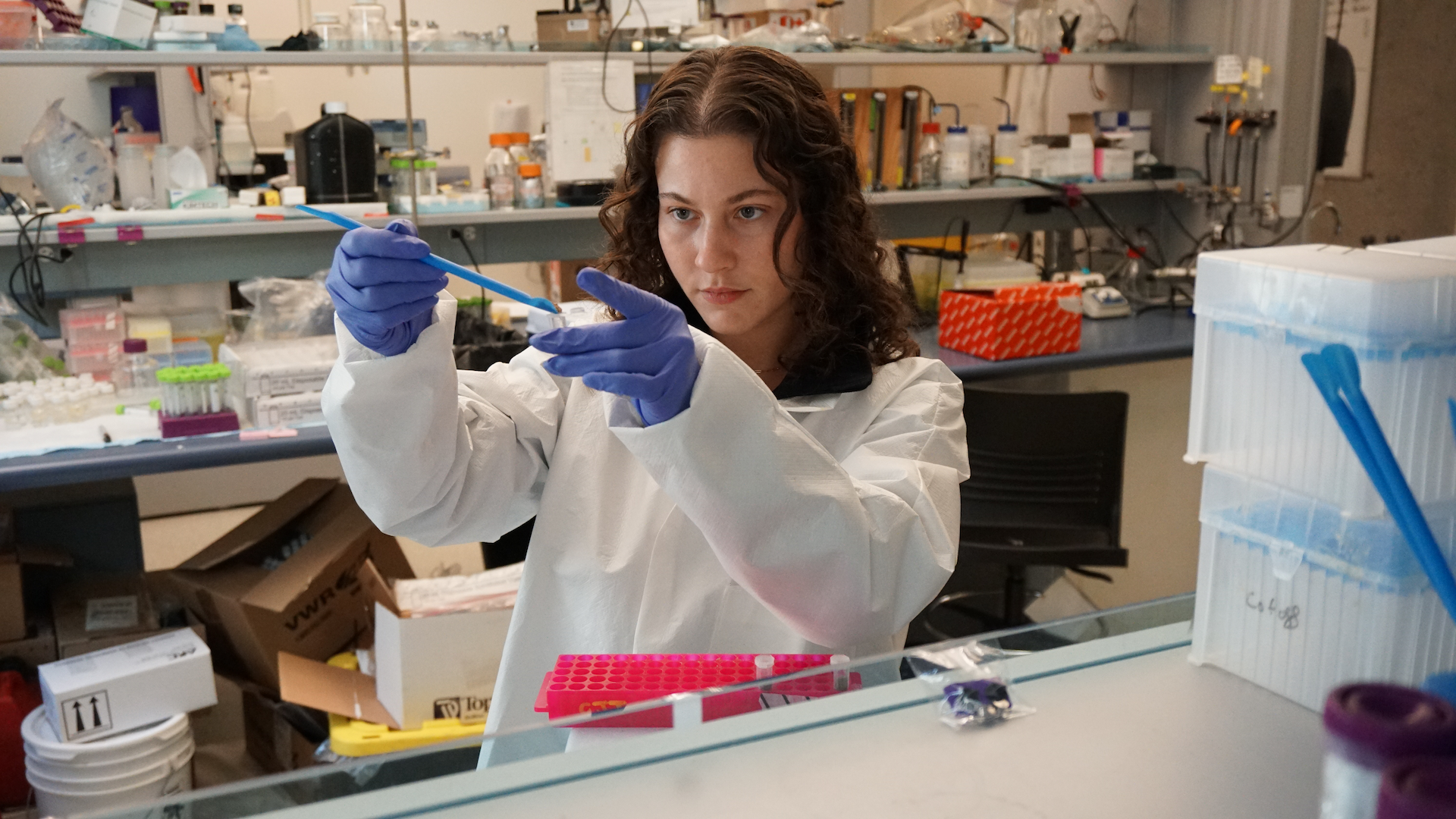Artificial intelligence
-
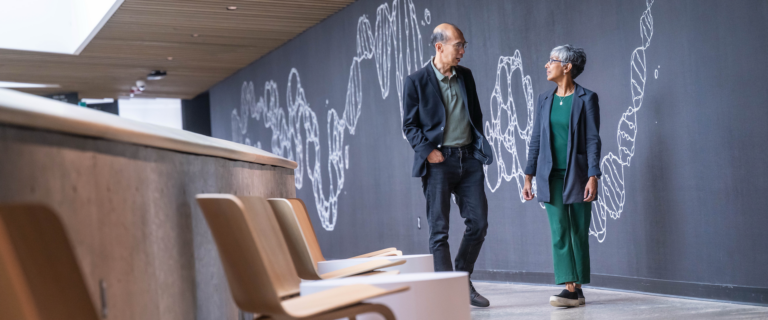
Delivering AI’s promise of better health care
Jump-started by a $22.5 million gift, UBC’s new AI and Health Network is deploying powerful artificial intelligence tools to drive health system innovation and improve patient care.
-

Should we recognize robot rights?
In this Q&A, professor Benjamin Perrin and student Nathan Cheung discuss a new upper-level course studying whether robots need rights.
-

Protecting elections in the age of generative AI
Dr. Chris Tenove, Centre for the Study of Democratic Institutions’s assistant director, discuss the risks and potential positive uses of generative AI in elections.
-

AI can tell if a patient battling cancer needs mental health support
Researchers at UBC and BC Cancer have developed a new artificial intelligence (AI) model that can accurately predict if a person receiving cancer care will require mental health services during their treatment journey.
-

ChatGPT has read almost the whole internet. That hasn’t solved its diversity issues
In this Q&A, Dr. Vered Shwartz, assistant professor in the UBC department of computer science, and masters student Mehar Bhatia explain why reasoning could be the next step in AI—and why it’s important to train these models using diverse datasets from different cultures.
-
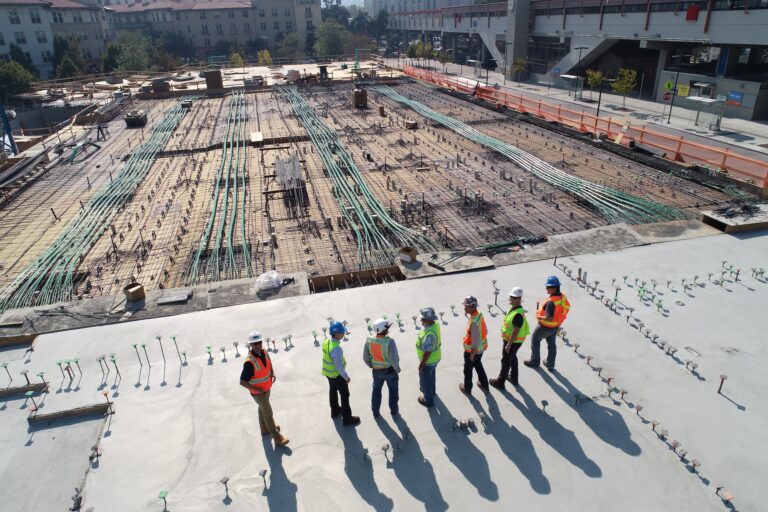
UBC team deploys AI-powered robots for faster, safer construction
Learn how it works and what this means for the future of construction.
-

From chalkboards to chatbots: How to use artificial intelligence in the K-12 classroom
Dr. Ron Darvin, an assistant professor in the faculty of education, discussed how artificial intelligence is changing how we teach students and how they learn.
-
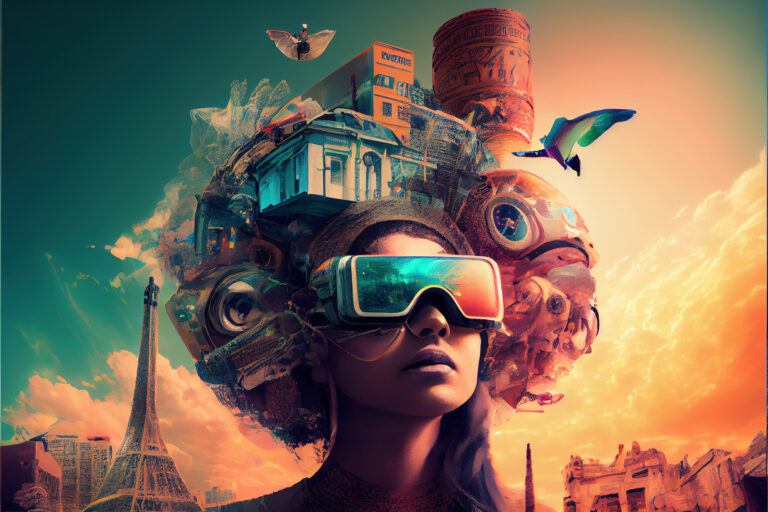
People dislike AI art because it threatens their humanity: study
The study is the first of its kind to link people’s aversion to AI art with speciesism and anthropocentrism, and their view that digital works threaten “the last fortress of human supremacy arguments, artistic creation.”
